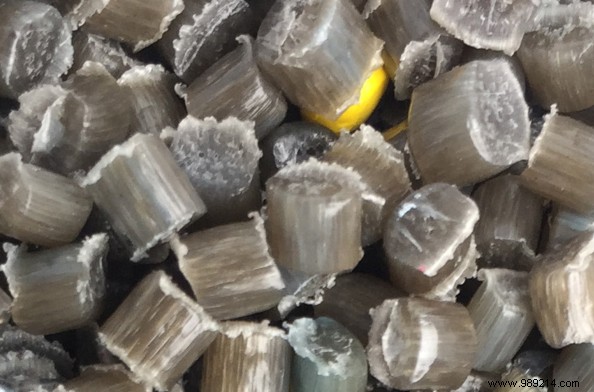Plastic is a real problem for the environment and living beings. While recycling appears to be a solution, a recent study looked at the toxic additives and other pollutants that these materials contain.
A lot of wasteends up in the seabed , which poses the problem of their recovery as well as their fragmentation into microparticles. However, perhaps plastic recycling is a false solution. In any case, there is no doubt for Amos Wemanya, head of the Greenpeace campaign against plastic in Africa. He explained in 2020 that recycling did not make it possible to process all the plastics that humanity produces. In a study published on December 14, 2021, the International Pollutants Elimination Network (IPEN) further indicates that recycling does not prevent health risks and pollution due to the presence of dangerous products.
As part of its research, IPEN commissioned NGOs to recover high-density polyethylene samples (PE-HD). Thus, these associations brought together plastic bags from 24 factories in 23 countries, including Egypt, India, Mexico and Malaysia. But why analyze high density polyethylene in particular? In fact, its granular form is interesting, as is the fact that it is one of the most widely used types of plastic in the world.

After the samples were collected, the study leaders attempted to answer a specific question. The question was whether recycled plastics also contain dangerous and polluting chemicals as is the case with non-recycled plastics. Unfortunately, the answer is positive. They found the presence of chemical additives used in industry such as flame retardants or light stabilizers , six UV stabilizers in total.
Scientists have also detected the presence of Bisphenol A (BPA), the most famous endocrine disruptor s which is also totally prohibited in France. However, a 2019 study estimated that the presence of BPA in organisms is 48 times higher than previously thought due to poor screening protocols.
Finally, the IPEN tests observed the presence of at least one toxic chemical additive in each sample of recycled plastic. Thus, this study obviously raises questions. Indeed, recycling is generally presented as a engine for the fight against pollution in the world, so that many policies have adopted it. However, in the end it seems that the best solution to put an end to plastic and its dangers would simply be to stop producing it.